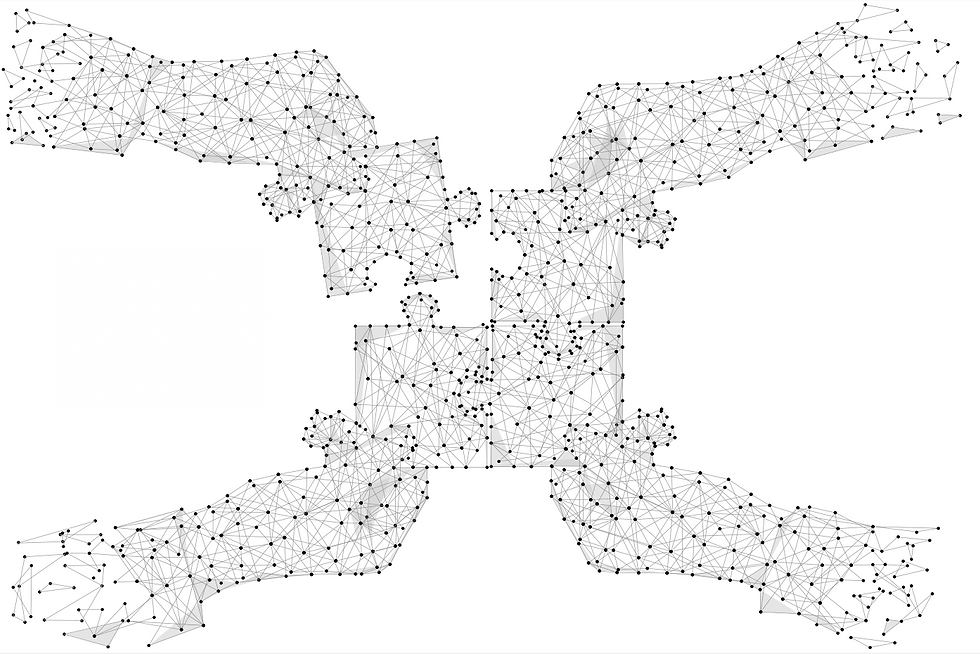A Few Things We’ve Learned From Working With Healthcare Startups
- Khawar Khokhar

- Apr 30, 2025
- 3 min read

Mark Cuban once said that part of every entrepreneur’s job is to invent the future. Over the past several years at SAKS Health we’ve had the good fortune of working closely with startup organizations that are built by people who are working hard to do just that. Healthcare startups are typically lean in resources and made up of staff who have come from running large teams at bigger healthcare organizations. These executives have experience overseeing large teams of people, but once they switch to working in a startup environment they often have small teams and they themselves may be the entire team. Despite these differences all the work to commercialize a new asset still has to get done.
Our team has observed a few key themes working with decision makers at life science startups, including these four important observations.
Strategy
Being able to create a strong strategic foundation relies on a commitment to knowledge, agility, and service. Good strategy leverages years of experience, truly knowing the goals and values of the startup’s customers, and developing practical pre-launch and post-launch plans. For healthcare startups there is also a strong need for creativity, as tighter budgets mean it can be challenging to develop and communicate messaging that larger companies wouldn’t bat an eye about.
Agility
Flexibility is undeniably important to the success of any startup organization. The healthcare industry is constantly and rapidly evolving, and being a startup in the life sciences makes it all that more necessary. The only thing that stays the same is knowing that change is a constant. Life science startups need to ensure that their external partners can keep up with their company’s known and unknown operational landscape. Timelines change, project goals morph, funding fluctuates. Partners who can stay agile make these types of changes much more manageable.
Knowledge
Being able to rely on knowledgeable external partners is key. Having a partner who brings with them past experiences, an understanding of key markets, and the ability to get answers quickly increases chances of success. Partners who can “plug in” and act as an extension of the team can mitigate internal resource constraints and challenges for life science organizations operating in startup mode.
Service
As mentioned earlier, startup employees have likely come from bigger life science companies and expect high quality service paired with strategic expertise. At the startup level this continues to be a difficult find, but at SAKS Health we pride ourselves in helping all our clients achieve their goals and objectives.
Those of us who have been in the healthcare startup space know that unexpected needs often can and will show up. There are no cookie cutter solutions that can be handed out to every startup organization. Every startup is unique, has a specific set of needs, and those needs will evolve over time. That’s why finding an external partner who can flex with your needs and who has been down the startup road for commercializing new assets is vital to success.
Whether you’re a startup or not, to learn more about the various services SAKS Health has to offer check out our website and contact us to hear more about our services that augment your path to success in market access, medical communications, and media activation. We would love to partner with you in creating a Better Healthcare Tomorrow™ for all healthcare stakeholders.
#SAKSHealth #BetterHealthcareTomorrow #Strategy #Agility #Knowledge #Service #healthcare #startup #healthcarestartup #invent #entrepreneur #leadership #lifescience #experience #goals #values #clientrelationship #prelaunch #postlaunch #creativity #budget #communication #success #flexibility #landscape #timelines #understanding #challenges #resources #service #solution #marketaccess #medicalcommunications #media






Comments